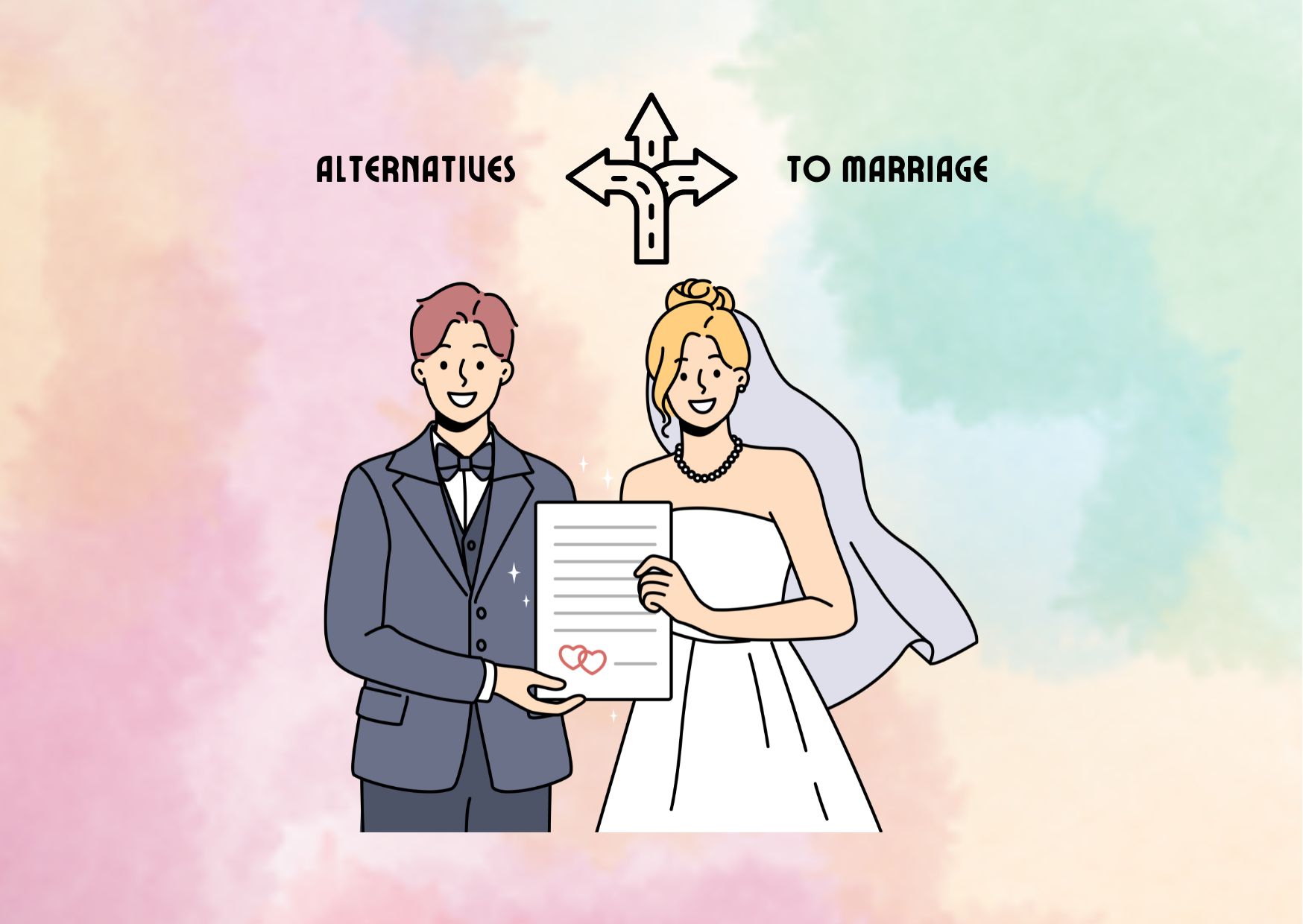Alternatives to Marriage and How They Can Transform Relationships
Marriage isn’t the only path to a committed and fulfilling relationship. In fact, as societal attitudes continue to evolve, more and more people are exploring alternatives to marriage that better align with their beliefs and lifestyles. From domestic partnerships to cohabitation agreements and polyamorous relationships, the options are diverse and dynamic. In this comprehensive guide, we will explore the various alternatives to marriage, their defining features, legal recognition, and the pros and cons of each option. So, if you’re looking for a different approach to commitment, read on to discover the alternatives to getting married.
Table of Contents
- The Changing Landscape of Alternatives to Marriage
- Cohabitation Agreements: Living Together Without Marriage
- Domestic Partnerships: A Legal Recognition of Commitment
- Civil Unions: A Middle Ground Between Marriage and Partnership
- Living Apart Together: Maintaining Individuality in a Committed Relationship
- Polyamorous Relationships: Embracing Non-Monogamy
- The Benefits of Relationship Counseling
- Online Counseling: Convenient Support for Relationship Issues
- Making the Right Choice for You
- Frequently Asked Questions
- Conclusion
The Changing Landscape of Alternatives to Marriage
In today’s society, marriage is no longer the only option for couples seeking a committed relationship. The traditional model of marriage may not work for everyone due to different life goals, incompatibility, a desire for independence, or changing social attitudes. As a result, individuals are exploring alternatives to marriage that provide flexibility, freedom, and a personalized approach to love and commitment.
Cohabitation Agreements: Living Together Without Marriage
Cohabitation agreements are a popular alternative to marriage for couples who choose to live together without the legal commitment of marriage. These agreements outline the rights and responsibilities of each partner, covering areas such as property ownership, financial obligations, and child custody arrangements. While cohabitation agreements do not provide the same legal recognition as marriage, they offer a sense of security and clarity for couples who value autonomy and independence.
Domestic Partnerships: A Legal Recognition of Commitment
Domestic partnerships are a legally recognized relationship status that provides many of the same benefits and responsibilities as marriage. While the specifics of domestic partnership laws vary by jurisdiction, they typically offer legal protections in areas such as healthcare, inheritance rights, and financial support. Domestic partnerships can be an attractive option for couples who desire the legal recognition and benefits of marriage without the cultural or religious connotations associated with it.
